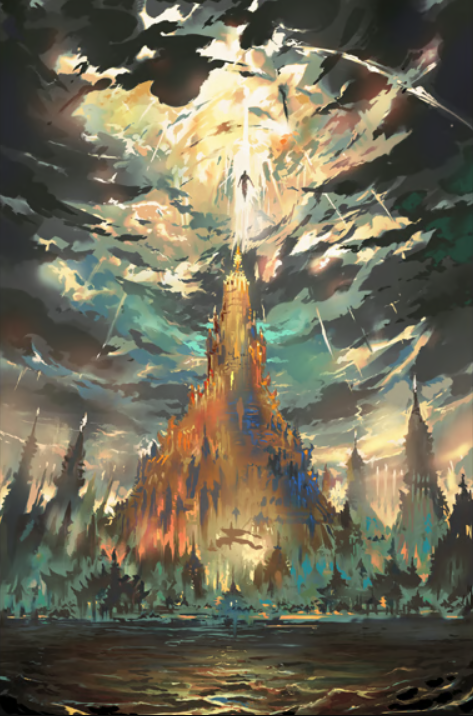Step into a world where fate and destiny intertwine with the classic themes of fantasy literature. In the enchanting realm of Lord of Fate, readers are transported to a universe where ancient prophecies, mystical beings, and epic battles shape the course of destinies. However, do not be mistaken – while these timeless tropes may seem familiar, Lord of Fate puts a unique spin on them, delivering a fresh perspective that challenges traditional narratives.
One of the most prominent themes explored in Lord of Fate is the concept of fate versus free will. In many classic fantasy tales, characters are often bound by a predetermined destiny, forced to follow a path set out for them by forces beyond their control. However, in Lord of Fate, characters are faced with choices that can alter the course of their lives, blurring the lines between what is fated and what is chosen. This dynamic adds a layer of complexity to the narrative, allowing readers to delve into the moral and ethical implications of fate and free will.
Another theme that is brought to the forefront in Lord of Fate is the idea of tarnished sacrifice and redemption. As characters grapple with their destinies, they are forced to make difficult choices that may require them to sacrifice their own desires for the greater good. Through these acts of selflessness, characters are able to find redemption and discover the true meaning of heroism. This theme resonates deeply with readers, as they are reminded of the power of sacrifice and the transformative nature of redemption.
Furthermore, Lord of Fate explores the theme of power and corruption, as characters are tempted by the allure of power and must confront the dark consequences of their actions. In a world where magic reigns supreme, characters must navigate the thin line between wielding power for good and falling victim to its corrupting influence. This theme serves as a cautionary tale, reminding readers of the dangers of unchecked ambition and the importance of remaining true to one’s principles.
In revisiting classic fantasy themes with a touch of Lord of Fate, readers are presented with a rich tapestry of storytelling that challenges preconceived notions and invites them to reflect on the deeper meaning behind the tales they know and love. As characters grapple with fate, make sacrifices, and confront the allure of power, readers are drawn into a world where the boundaries between myth and reality blur, transforming familiar tropes into something wholly new and unexpected.
So, dear reader, as you embark on this literary journey through the realms of fate and destiny, be prepared to have your beliefs challenged, your emotions stirred, and your imagination ignited. For in Lord of Fate, the true power of storytelling lies not in the familiar, but in the ways in which it can reinvent the classic themes of fantasy literature, breathing new life into age-old tales and leaving readers spellbound in its wake.
